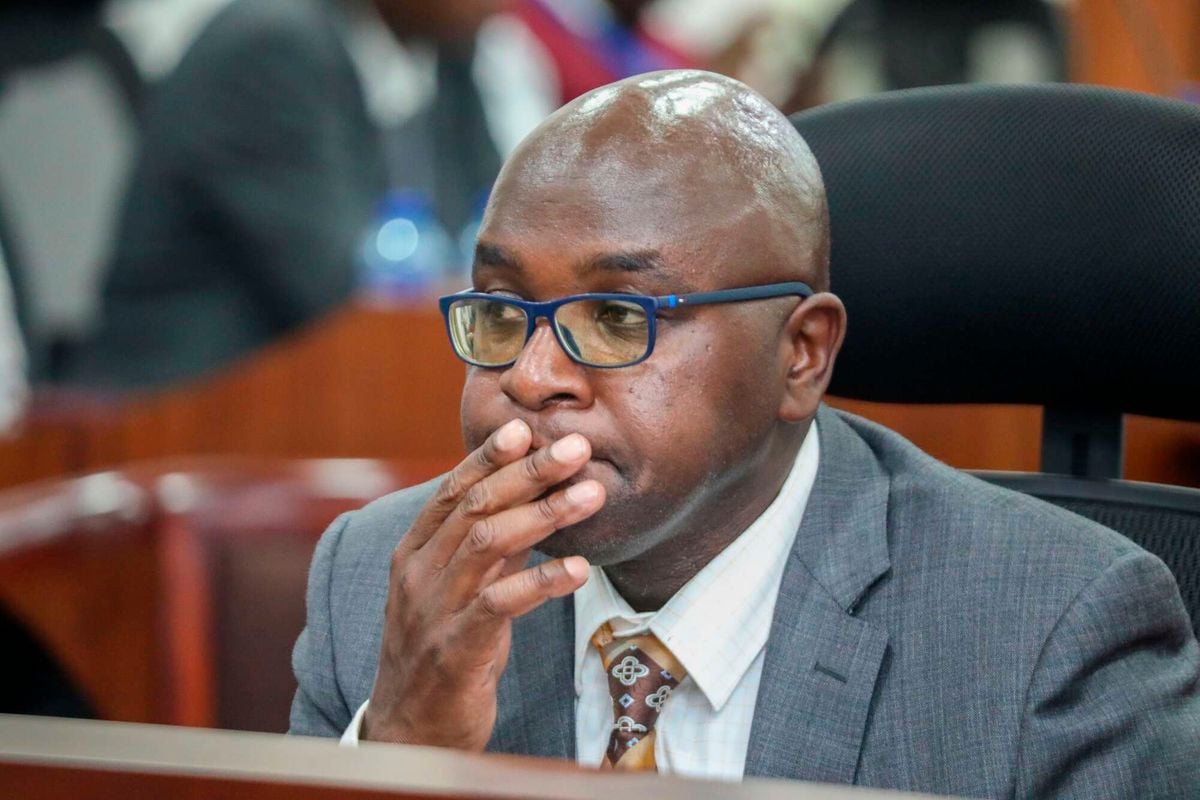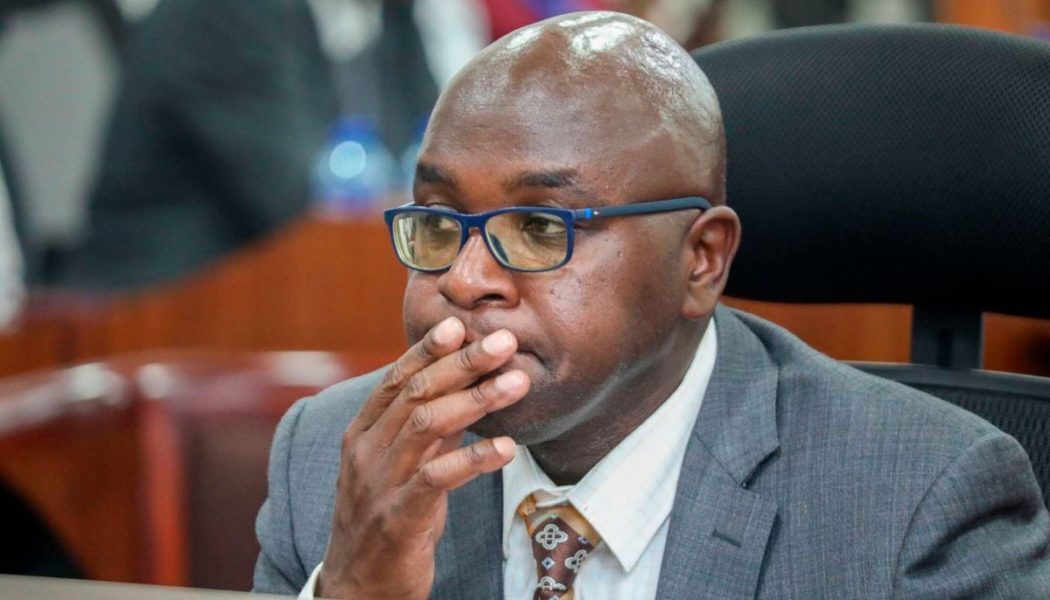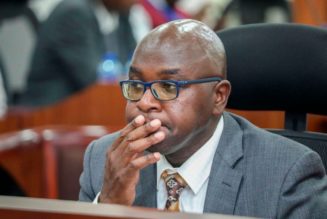
The Kenya Revenue Authority (KRA) will lose powers to waive taxes if MPs approve a fresh proposal to take away the mandate from the taxman.
Members of Parliament (MPs) are for a second time pushing to have the last say on what taxes should be abandoned because they are not recoverable—taking away such powers from the National Treasury Cabinet Secretary and the KRA Commissioner General.
The MPs had first targeted to strip the Treasury CS and KRA chief of the waiver powers through changes in the Finance Bill 2024 that was shelved following deadly street protests.
The legislators have now reintroduced the plans through the just published 2024-Tax Procedures (Amendment) Bill, which requires that proposed relief on taxes be presented to the National Assembly for approval.
The Cabinet Secretary to the Exchequer shall still be required to publish the names of taxpayers, the relevant reasons for the tax abandonment, and the amount of taxes waived in the Kenya gazette as was proposed in the Finance Bill 2024.
MPs say the move targets to curb abuse of the tax waiver system.
“The provision allows the Cabinet Secretary to allow a relief as determined by the Commissioner. Further, the provision requires gazettement by the Cabinet Secretary of any approved reliefs and tabling of the same to Parliament. This is to allow Parliament to check the power of the Cabinet Secretary,” reads part of the memorandum of objects and reasons for the bill.
The renewed push by MPs to oversight the process comes in the wake of controversies from previous processes abandoning taxes, the majority of which happened during the sunset years of the Uhuru Kenyatta administration.
KRA, for instance, hit Kenya Breweries Limited with a Sh8.2 billion tax claim relating to taxes first abandoned but later revoked, with the dispute now finding its way to the High Court.
Other disputes follow a similar script where taxes were abandoned before the reversal of the relief.
For instance, the taxman found itself in a tussle with brewer London Distillers relating to the abandonment of Sh423.3 million excise taxes.
The alcoholic beverages manufacturer had a waiver notice from the Treasury but KRA rejected the stamp- saying it went against the Tax Procedures Act.
The High Court, in a determination, ruled in favour of the taxman and noted that KRA ought not to be put in a position where it complies with ministerial directives which are illegal or unlawful.
Lender NCBA Group has also had its run-ins with the taxman after former Treasury Cabinet Secretary Njuguna Ndung’u revoked a capital gains tax exemption on the transfer of shares, assets, and liabilities arising from the merger of its former constituents – NIC and CBA Groups.
The lender was granted the exemption by the then Treasury CS Henry Rotich in 2019 saving the bank millions of shillings in taxes.
Up until 2023, the KRA Commissioner General and the Treasury CS had powers allowing the taxman to refrain from collecting taxes under specified scenarios, including impossibilities in recovering an unpaid tax.
The 2023 Finance Act, however, amended the Tax Procedures Act deleting the provisions allowing for the waiver of taxes.
In addition to handing powers on abandoning taxes to MPs, the new proposals seek to extend the tax amnesty, which lapsed on June 30, 2024, to the same time next year.
“This is intended to allow more taxpayers to benefit from the amnesty and for the government to continue collecting uncollected taxes,” the bill adds.
KRA netted Sh43.9 billion from the programme, which ran from September 2023 to June 30 this year, narrowly missing its target of Sh50 billion.
The amnesty window, which saw the waiver of penalties, interest, and fines on debts where the taxpayer had paid the full principal tax before December 31, 2022, benefitted 2,617,111 taxpayers.
The computation of time with regards to appeals to the tax appeals is meanwhile set to exclude Saturdays, Sundays, and public holidays in further changes.









